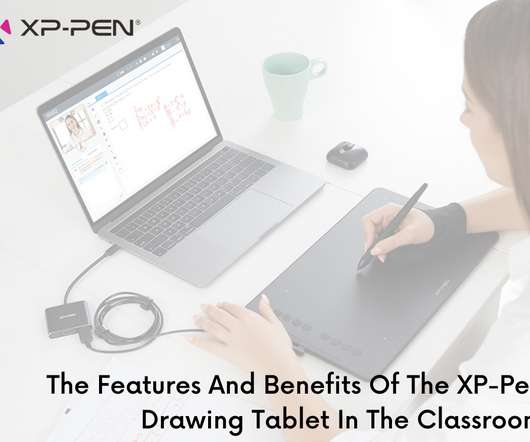EdTech Acronyms Explained
EdTech4Beginners
APRIL 2, 2017
The amount of new acronyms in the educational technology world is staggering… and often overwhelming for educators. BYOD – Bring Your Own Device. BYOT – Bring Your Own Technology. CREATE – Collaboartion, Resources, Educate, Apps, Technology, Enriching. ICT – Information Communications Technology. Vlog – Video Log.















Let's personalize your content